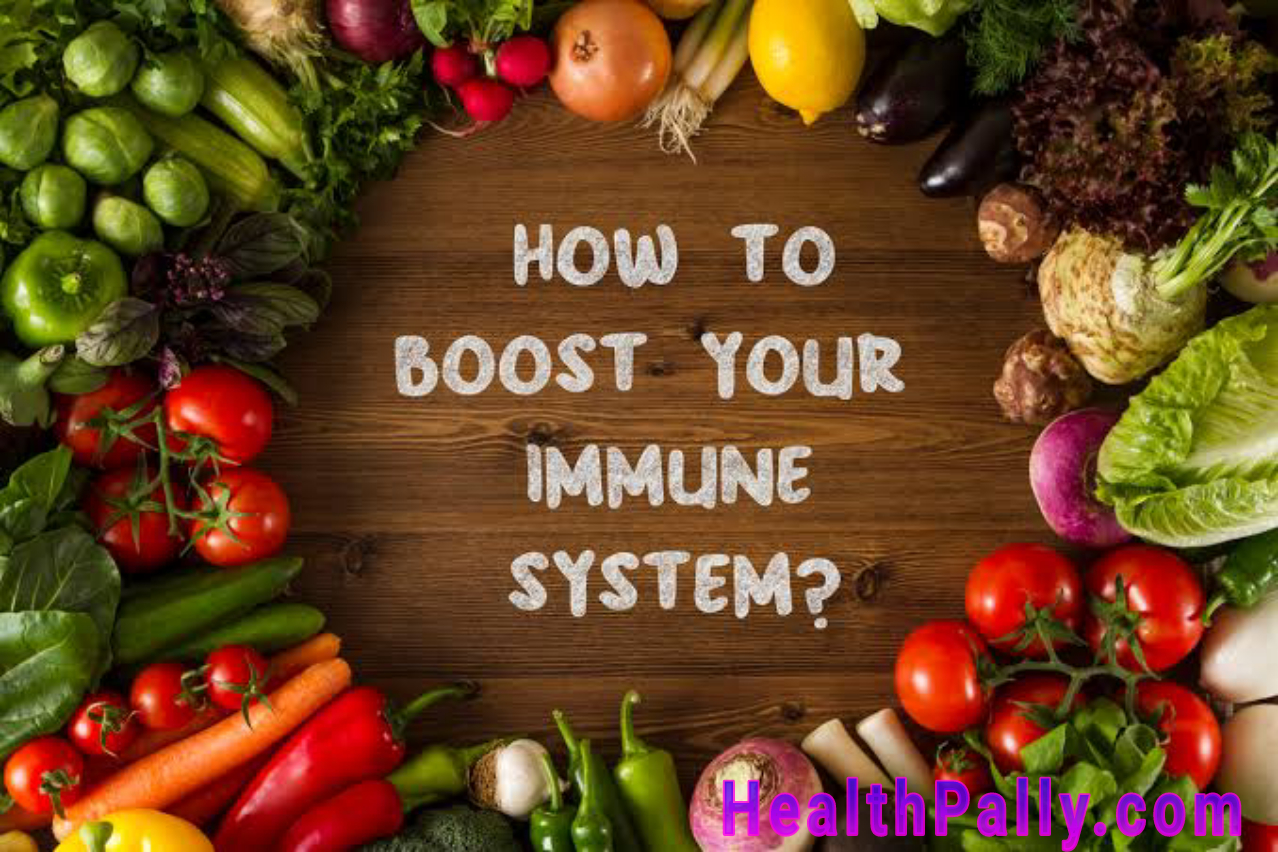All the classes of nutrients are important for healthy growth and life.
Having a balanced diet is very important to live a healthy and happy life.
Nutrient Class that Absorbs Vitamins and Sustains the Immune System
For educational purposes, is there any nutritional class that absorbs Vitamins in the body and sustains our immune system?
There’s no particular nutrient class that helps the body without the support of other nutrients or processes.
However, Protein is the only nutrient class that helps best in the transport and absorption of vitamins and also helps in the sustenance of the immune system.
How does Protein help in the Absorption of Vitamins in the Body?
Protein is a nutrient class that builds and maintains cells and tissues through different means.
When protein is broken down into amino acids, it helps to break down other nutrients such as vitamins and minerals from your food.
Amino acid is important in the absorption of Calcium, Magnesium, and Iron in the body.
Protein also binds with vitamins and minerals to make them more soluble, especially vitamins and minerals from fats, making them easily absorbed into the bloodstream.
For example, vitamins A, D, E, and K are fat soluble and require lipoproteins and chylomicrons for absorption into the bloodstream.
Proteins such as albumin lipoprotein, and water also help in the transportation of vitamins to the body cells, including the immune cells.
Protein does not only help in the transport of vitamins to body cells, which in turn help sustain the immune system, but it also acts as a receptor for vitamins in the cells.
Enzymes are responsible for the conversion of vitamins to usable forms in the body, and proteins are needed for the activation of these enzymes.
How does Protein help in Sustaining the Immune System?
Protein is the main nutrient that is involved in the building and maintenance of the immune system.
Protein is important in the production of antibodies. Antibodies are proteins that recognize and bind to pathogens and destroy them.
Protein also binds to other nutrient classes such as vitamins and minerals to help in immune cell production such as white blood cells.
Proteins such as cytokines are responsible for the communication of immune cells and help in their coordination.
Proteins help in the activation of body defense cells, such as T-cells and B-cells, which respond to pathogens.
For the repair and maintenance of immune tissues such as the spleen and lymph nodes, protein is necessary.
Many protein types help in the absorption and transportation of nutrients, and also in the maintenance of the immune system.
Some of the proteins that help sustain the immune cells are the following
- Immunoglobulins (antibodies)
- Interferons
- Interleukins
- Tumor necrosis factor (TNF)
- Complement proteins
- Cytokines (such as IL-2, IL-12, and IFN-gamma)
Conclusion
Protein is a major nutrient class that helps to absorb vitamins and minerals from foods and at the same time helps in the production and maintenance of immune cells.
Protein intake is very essential in the building of body cells and tissues and supports the immune system, especially during times of stress, illness, or injury.
Inadequate protein intake can lead to impaired immune function, making you more susceptible to infections and diseases.
